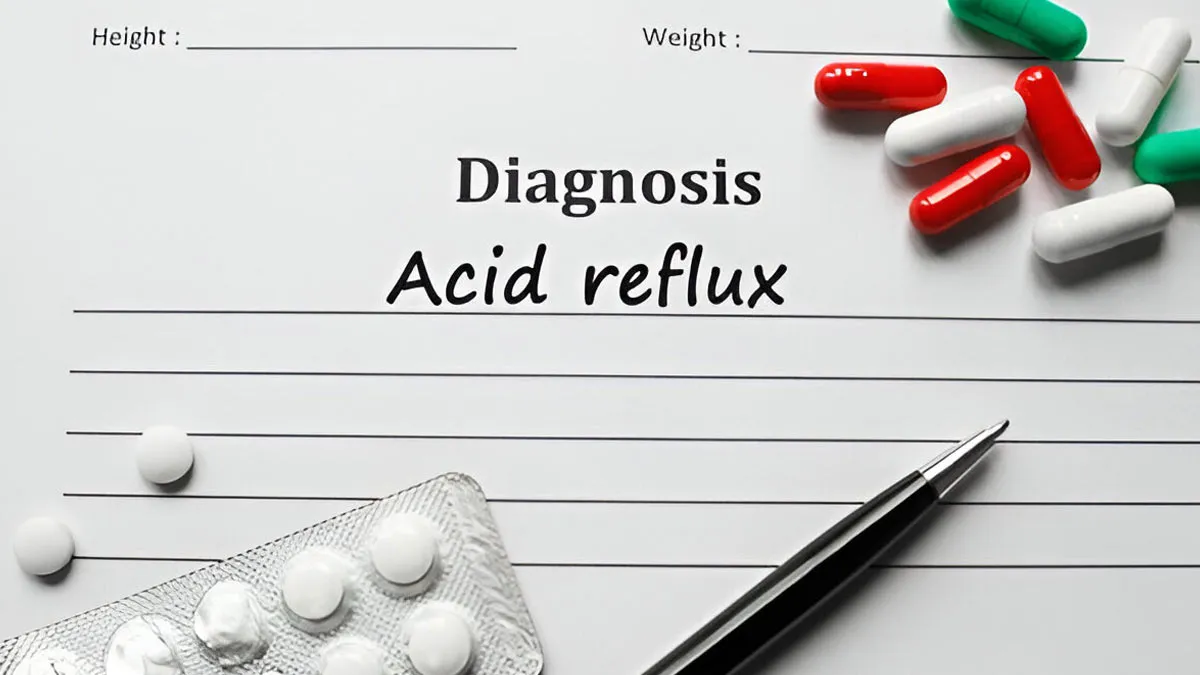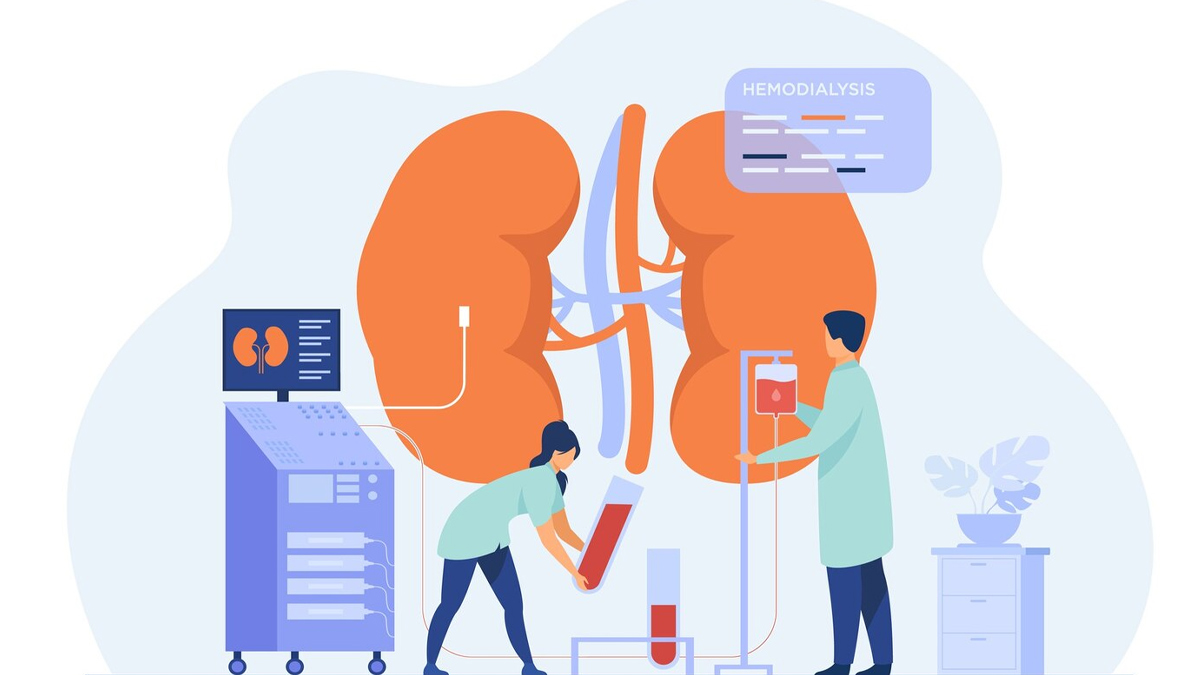
A tablet that tames heartburn can feel like a miracle. For many, a Proton Pump Inhibitor (PPI) ends the nightly burn and restores sleep. The trouble begins when that relief becomes routine, taken without review, sometimes for months or years. PPIs suppress stomach acid effectively. That benefit is the same mechanism that, over time, can create downstream problems: nutrient shortfalls, bacterial shifts in the gut, and a higher chance of certain infections.
Table of Content:-
We spoke to Dr Bhuvan Shetty, Consultant Medical Gastroenterologist and Hepatologist, Gleneagles BGS Hospital, Kengeri, Bengaluru, who explained how PPIs are damaging your gut lining.
Role of Stomach Acid and Consequences of Suppression

Stomach acid serves clear purposes: it starts digestion, helps free vitamin B12 from food, kills or limits ingested microbes, and activates digestive enzymes. When acid is chronically suppressed, these normal processes change.
“A less acidic stomach allows more bacteria to survive passage into the small intestine. Over weeks to months, the balance of gut microbes shifts in ways that can be clinically important. Observational studies and recent reviews link prolonged PPI use with Small Intestinal Bacterial Overgrowth (SIBO) and higher rates of enteric infections. The strength of the association rises with dose and duration,” explained Dr Shetty.
Also Read: Can Stress Trigger Digestive Issues? Here’s What Expert Suggests
Nutrient Theft and Its Signs
Vitamin B12 is released from food proteins in an acid-dependent step. Long-term PPI therapy has been associated with lower B12 absorption in several cohorts, and clinically relevant deficiency, including anaemia, numbness, or cognitive slowing, which may follow if levels are not checked.
“Magnesium is another mineral that can fall with protracted PPI use; severe hypomagnesemia, though uncommon, can cause cramps, seizures, and dangerous heart rhythm changes. These shortages are avoidable when clinicians monitor at-risk patients and replace deficiencies promptly,” added Dr Shetty.
Infections and Other Downstream Risks

“PPIs have been associated with a modestly increased risk of Clostridioides difficile infection, community-acquired pneumonia, and certain food-borne infections. Observational analyses also suggest links with bone fractures and, in some studies, with chronic kidney disease — findings that have prompted regulators and professional societies to urge regular review of ongoing PPI therapy,” said Dr Shetty. The nature of the evidence is largely observational; causation is complex, but the pattern is consistent enough to warrant caution.
A meta-analysis conducted in 2024, encompassing 23 studies with nearly 3,00,000 patients, revealed a 65% rise in Clostridium difficile-associated diarrhea among individuals using PPIs. Similarly, another meta-analysis involving 11,280 patients across six studies examining Salmonella, Campylobacter, and other enteric infections identified an elevated risk linked to acid suppression, with PPIs showing a stronger association compared to H2-receptor antagonists (medications that lower stomach acid production).
How these Problems Present in Everyday Practice
Patients may not connect tingling fingers to the pill that stopped their reflux. B12 deficiency often evolves slowly: fatigue, glossitis, or sensory symptoms in the hands and feet can be subtle. “SIBO presents with bloating, gas, erratic bowel habits and sometimes unintended weight loss. Recurrent diarrhoea after antibiotic exposure raises the possibility of C. difficile. When multiple, nonspecific complaints accumulate, especially in older adults on long-term PPIs, a medication review should be high on the checklist,” advised Dr Shetty.
Also Read: Can Acid Reflux Be Silent? How NOT To Confuse It From An Allergy
Rethinking Automatic Long-Term Use
Professional guidance now emphasises periodic reassessment of PPI indications. Where no clear long-term reason exists (for example, uncomplicated heartburn without erosive disease, or empiric use for non-specific throat symptoms), stepping down, switching to on-demand dosing, or stopping after a defined treatment course are reasonable strategies.
Deprescribing should be planned: abrupt withdrawal can cause rebound acid hypersecretion and symptomatic return, so many clinicians favour a taper or short-term H2 blocker coverage during the transition.
Practical Steps for Safer Use

- Check the original reason: Check if the PPI was started for a defined condition (peptic ulcer, Barrett’s oesophagus, erosive oesophagitis), or for episodic heartburn that may not need indefinite therapy.
- Use the lowest effective dose: Twice-daily full-strength therapy should be reconsidered once control is achieved.
- Test and replace when indicated: Measure B12 or magnesium in symptomatic or high-risk patients; correct deficiencies rather than simply continuing the acid blocker as a band-aid.
- Address lifestyle contributors: Weight management, meal timing, limiting trigger foods, elevating the head of the bed and avoiding late meals can reduce reflux without lifelong medication.
- Plan deprescribing with a clinician: Sudden cessation can cause rebound symptoms; a controlled taper or intermittent dosing often succeeds.
Bottomline
Dr Shetty concluded, “Stomach acid is both friend and foe. For those with genuine indications, PPIs remain among the most effective tools clinicians have. Still, their safety profile is not neutral over the long term. Regular review, targeted testing, and an exit strategy when appropriate convert an autopilot prescription into tailored, safer care. If symptoms persist after modification, or if worrying signs, such as significant diarrhoea, neurological symptoms, or new cardiac palpitations appear, prompt medical reassessment is essential.”
Also watch this video
How we keep this article up to date:
We work with experts and keep a close eye on the latest in health and wellness. Whenever there is a new research or helpful information, we update our articles with accurate and useful advice.
Current Version